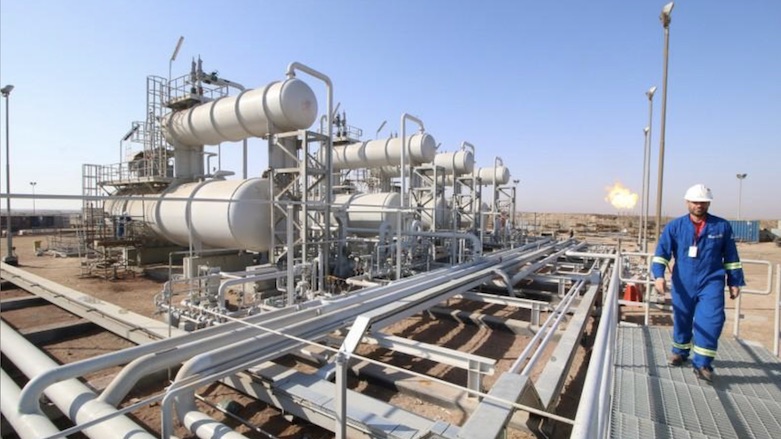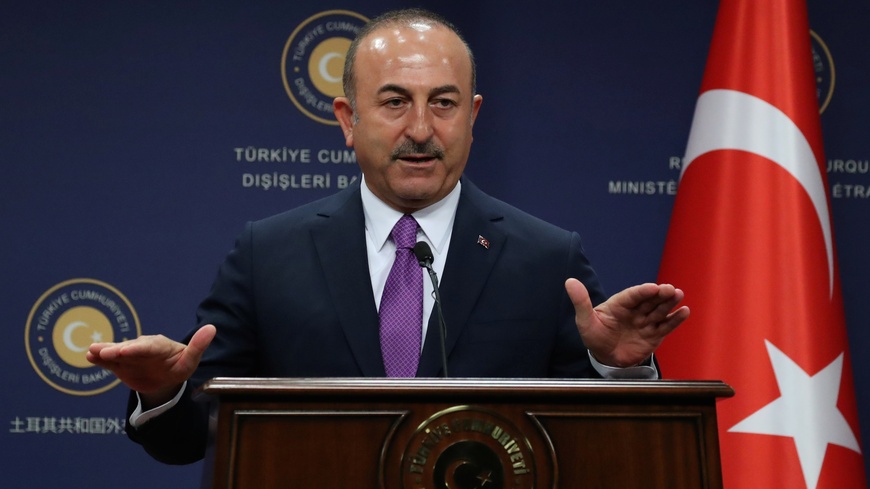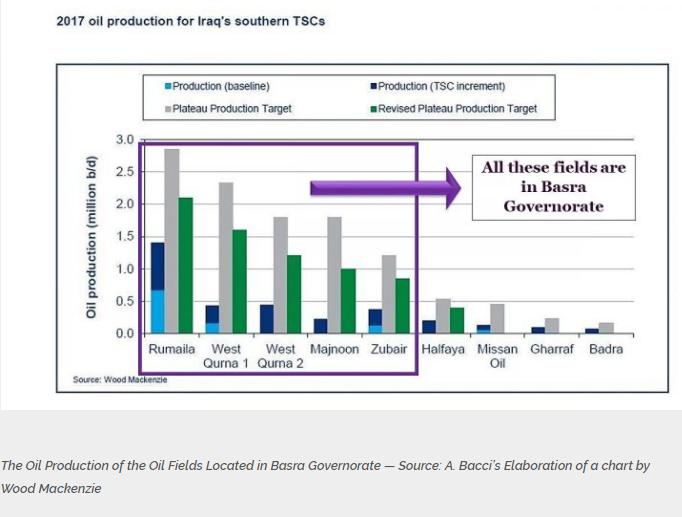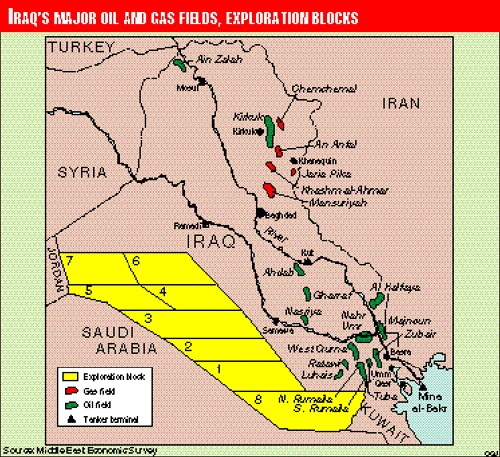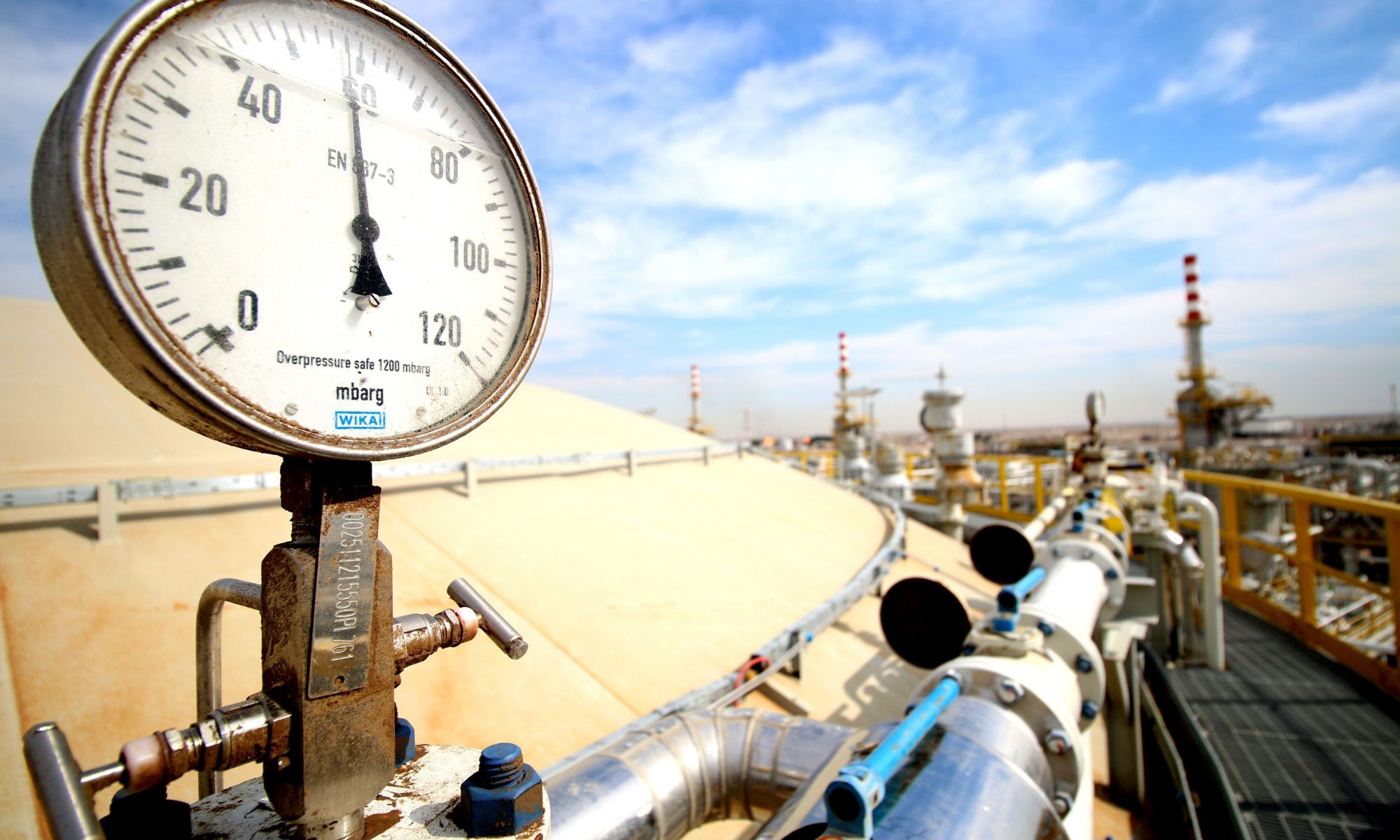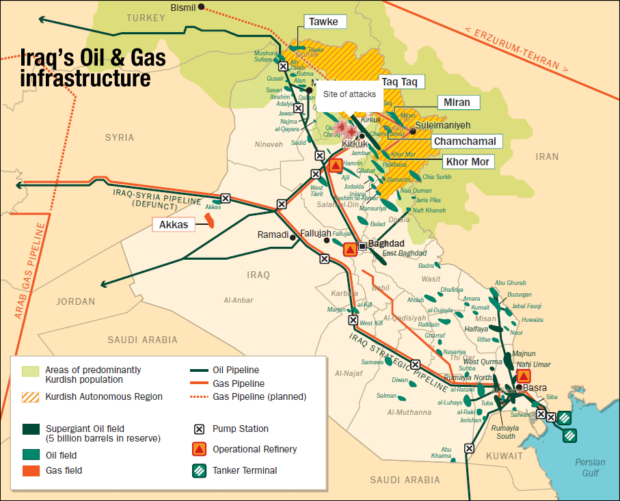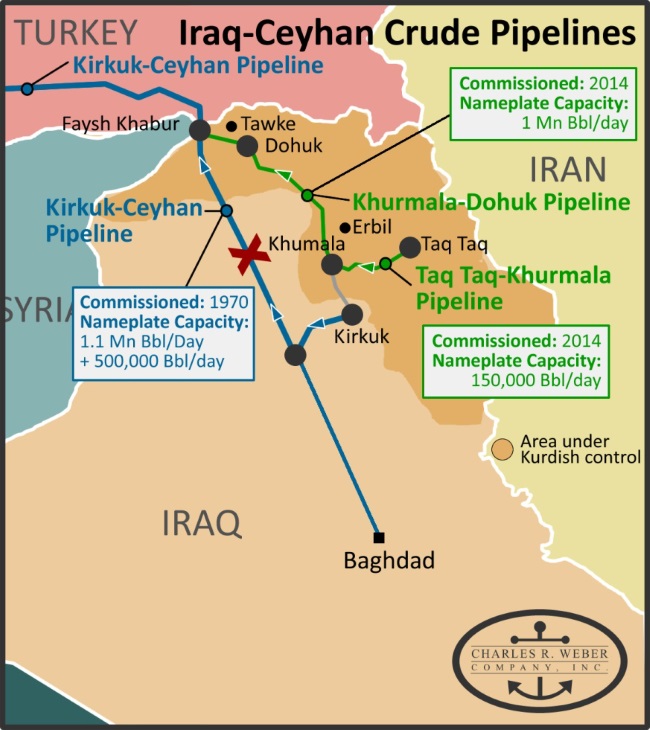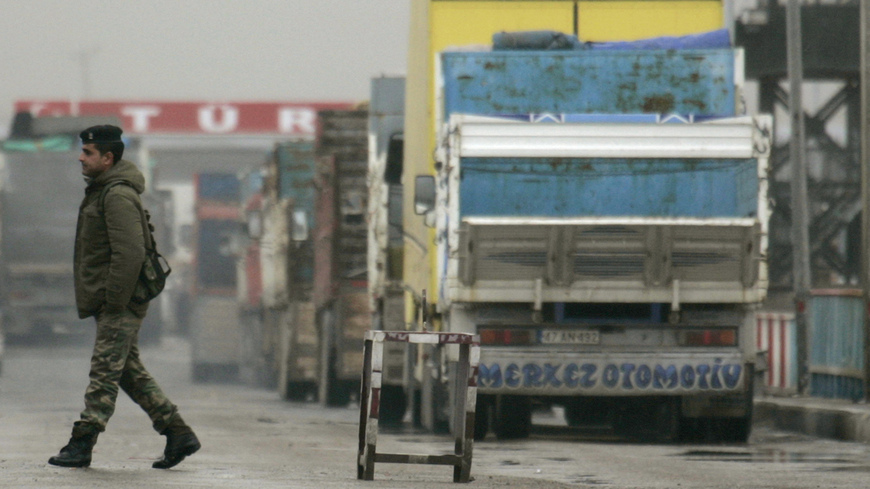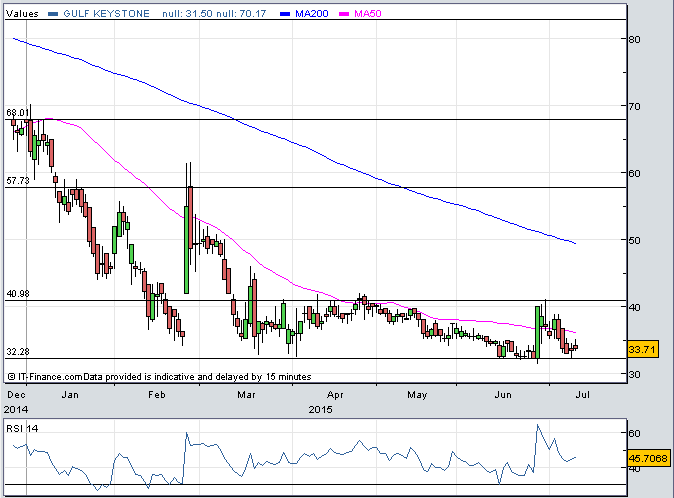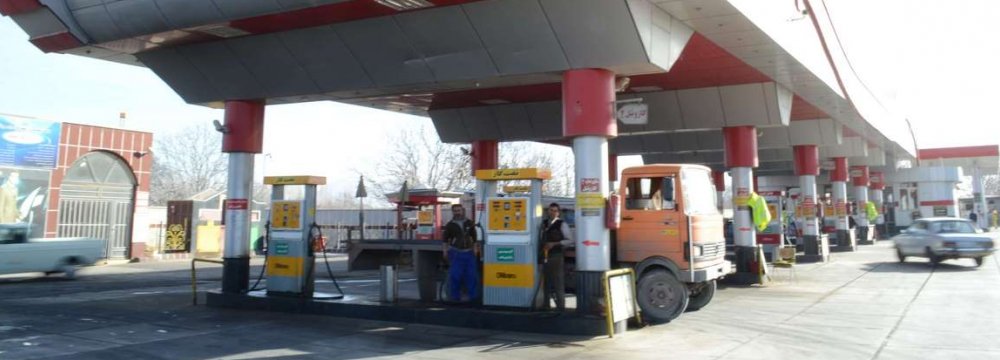BP, Shell, Basra Gas Company, LUKOIL, Petronas and Chevron discuss Basra’s oil and gas megaprojects
The 5th annual CWC Basra Megaprojects Conference – Oil, Gas & Environment will be held from 9-10 October in Istanbul, Turkey chaired by the EU Ambassador to Baghdad, Ramon Blecau.
In a show of support for the rebuilding of Iraq, Ambassador Blecau and industry experts will highlight the business opportunities available in the resource-rich South of Iraq with the aim of driving more investment to develop the country’s industrial infrastructure.
The conference takes place under the patronage of Basra’s Governorate, Council and oil company and looks to find solutions to the challenges of Basra’s oil and gas megaprojects and increasing Iraq’s oil and gas production, as well as highlighting the upcoming infrastructure projects for: gas, water, electricity and environment. All the major operators will be participating in discussions including: BP, Shell, Basra Gas Company, LUKOIL, Petronas and Chevron.
Further to these discussions, there will be a strong focus on Iraq’s environment and how to build a legislative framework to tackle Basra’s environmental issues; tackling all types of challenges including the demining projects.
New technology will play a significant role in achieving operational excellence in the execution of Iraq’s projects; whilst Iraq’s new generation of workforce are eager to embrace the technologies, the conference will touch upon the training programmes that are imperative for helping Iraqis compete for job opportunities and increase the role of the Iraqi local workforce in the execution of the latest projects.
Water and desalination projects will be the centre of discussion on the second day of the conference as well as the electricity requirements for such projects and ideas for renewable projects in Iraq.
Gas and petrochemical projects will also be covered by industry experts, which will be instrumental in creating new jobs for Iraqis but raise further questions on how the environment can be preserved during these processes. During the conclusion of the Conference, all the available tenders for the new projects will be outlined.
The interactive networking sessions will be at the centre of the conference with great number of functions including the Gala Dinner at the end of the first day of the Conference. The achievements of individuals in environmental technology projects will also be celebrated at the Environmental Awards Ceremony, which will take place during the Gala Dinner with awards being given out by the Iraqi delegation.
We look forward to seeing everyone at the Intercontinental Istanbul from 9-10 of October. To download the latest programme, please visit www.cwcbasraoilgas.com/brochure-download/.
Distinguished Speakers to include:
- Ambassador Ramon Blecua, Ambassador / Head of Delegation, Delegation of the European Union to Iraq
• HE Kameran Ali Hassan, Deputy Minister of Environment, Ministry of Environment, Federal Government of Iraq
• HE Asaad Abdulamir Abdulghafar Al – Idan, Governor of Basra, Federal Government of Iraq
• HE Engineer Mohammed Al Tamimi, First Deputy Governor of Basra, Governorate of Basra, Federal Government of Iraq
• Ihsan Abduljabbar Ismaael Al – Saade, Director General of the Basra Oil Company, Ministry of Oil, Federal Government of Iraq
• HE Dara Reshid, Deputy Minister, Deputy Head of Reconstruction Fund for Areas Affected by Terroristic Operations (REFAATO), Ministry of Construction, Housing & General Municipalities, Federal Government of Iraq
• HE Ali Dawai Lazem, Governor of Maysan, Federal Government of Iraq
• Nafaa Abdulsada Ali Al-Hmidawi, Director General of Training & Development Office, Ministry of Electricity, Federal Government of Iraq
• Mohammed Hashim, Director General of Electricity Distribution, Ministry of Electricity, Federal Government of Iraq
- MP Dr Jamal Abdul-Zahra Muhammadawi, Member of the Parliament Representing Basra, Federal Parliament of Iraq • Kevin J. Kveton, Ph.D.Director, Iraq Exploration & Business Development, Chevron Europe, Eurasia & Middle East Exploration & Production
• Zaid Elyaseri, Country Manager, BP Iraq
• Dr Mark Wharton, Development & JV Manager Shell Iraq, Shell EP International Ltd.
• Abd Malik Jaffar, Iraq Country Chairman, PETRONAS Carigali Iraq Holding B.V.
• Yaroslav Okulov, Financial Director, LUKOIL Mid-East Ltd
• Dr Jaafar Oklany, Commercial Director, Basrah Gas Company
View the full list of speakers here: http://www.cwcbasraoilgas.com/speaker/
The renowned Conference will address opportunities, projects and tenders in each one of these industries through its 2 day Strategic Programme. Attendees can expect the following topics to be discussed:
- Current updates on Basra’s oil fields
- Iraq’s Environment
- Infrastructure for Upstream Oil & Gas Projects ( Technology Showcasing- upstream activities suppliers, pipelines suppliers, demining technologies, logistics suppliers, security suppliers ) & Training on the New Skillsets
- Finance, Laws & Regulations & Procurement
- Water Projects: Increasing Efficiency for the Oil & Gas Projects
- Electricity Expansion & Renewables for the Oil & Gas Projects
- Gas & Petrochemicals
- Energy Tenders Announcements; Downstream, Midstream, Petrochemicals & Electricity projects
View the full programme here: www.cwcbasraoilgas.com/brochure-download/
(Source: CWC)

